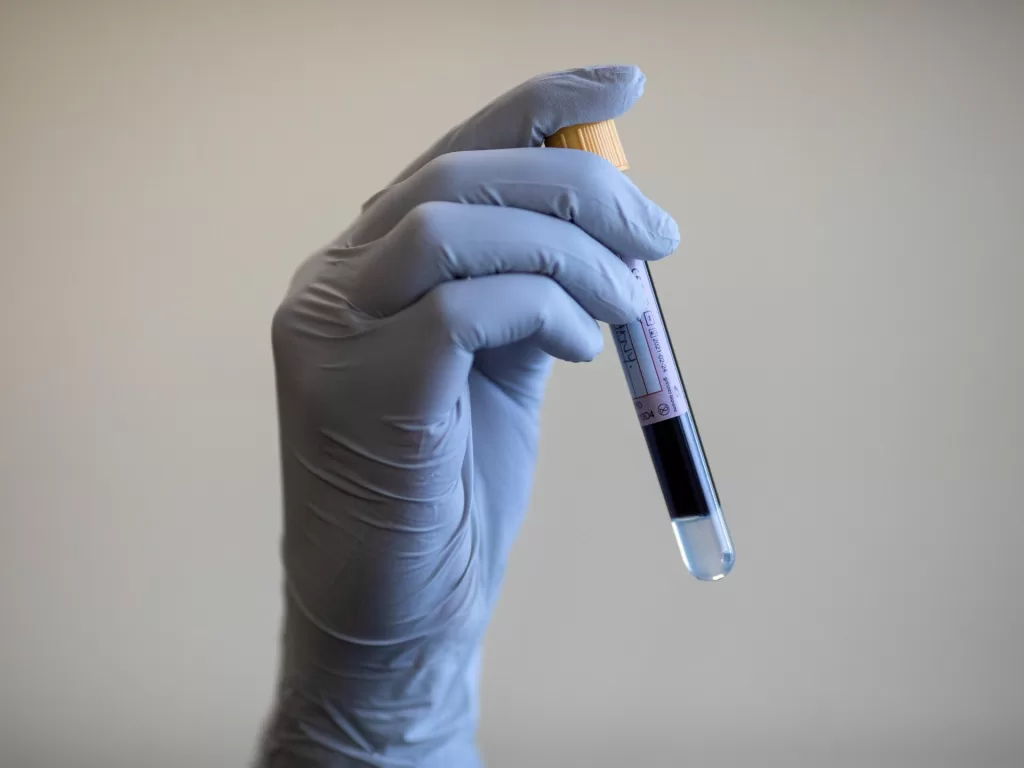More than 30,000 people were infected with viruses such as HIV and hepatitis from the 1970s to the early 1990s after being given contaminated blood.
More than 30,000 people were infected with viruses such as HIV and hepatitis after being given contaminated blood in the United Kingdom from the 1970s to the early 1990s, the Infected Blood Inquiry concluded.
An estimated 3,000 people are believed to have died and many others were left with lifelong illnesses in what is widely seen as the deadliest disaster in the history of Britain’s state-run National Health Service (NHS) since its inception in 1948.
Prime Minister Rishi Sunak said it was “a day of shame for the British state”.
“The result of this inquiry should shake our nation to its core,” he said, adding that ministers and institutions had failed in the most “harrowing and devastating way”.
“I want to make a wholehearted unequivocal apology for this terrible injustice,” he told parliament and promised full compensation to those affected.
The bombshell report – published on Monday and running at more than 2,500 pages – laid bare a “catalogue of failures” with “catastrophic” consequences for victims and their loved ones.
Authored by Judge Brian Langstaff, it found there were deliberate attempts to conceal the scandal, including evidence that government officials destroyed documents in 1993.
“Viewing the response of the NHS and of government overall, the answer to the question, ‘Was there a cover-up?’ is that there has been,” the report stated.
“Not in the sense of a handful of people plotting in an orchestrated conspiracy to mislead, but in a way that was more subtle, more pervasive and more chilling in its implications.
“In this way there has been a hiding of much of the truth.”
Victims included those needing blood transfusions for accidents and in surgery and those suffering from blood disorders, such as haemophilia, who were treated with donated blood plasma products. On top of the 3,000 people who died, many more were left with lifelong health problems.
“The scale of what happened is horrifying,” Langstaff said.
“I have to report that it could largely, though not entirely, have been avoided,” he concluded.
The government is expected to announce a compensation package worth several billion pounds for victims and their families on Tuesday.
Former Prime Minister Theresa May launched the inquiry, one of the country’s largest, in 2017.
Campaigners said the report was the culmination of a decades-long struggle.
“We feel emotional at the moment in the sense that it’s like a 40-year-old fight and it’s coming to an end and we’ve come to the end of our energy levels,” Suresh Vaghela, 61, said.
He received a contaminated blood product while being treated for haemophilia when he was about 13 years old and was infected with both HIV and hepatitis C.
